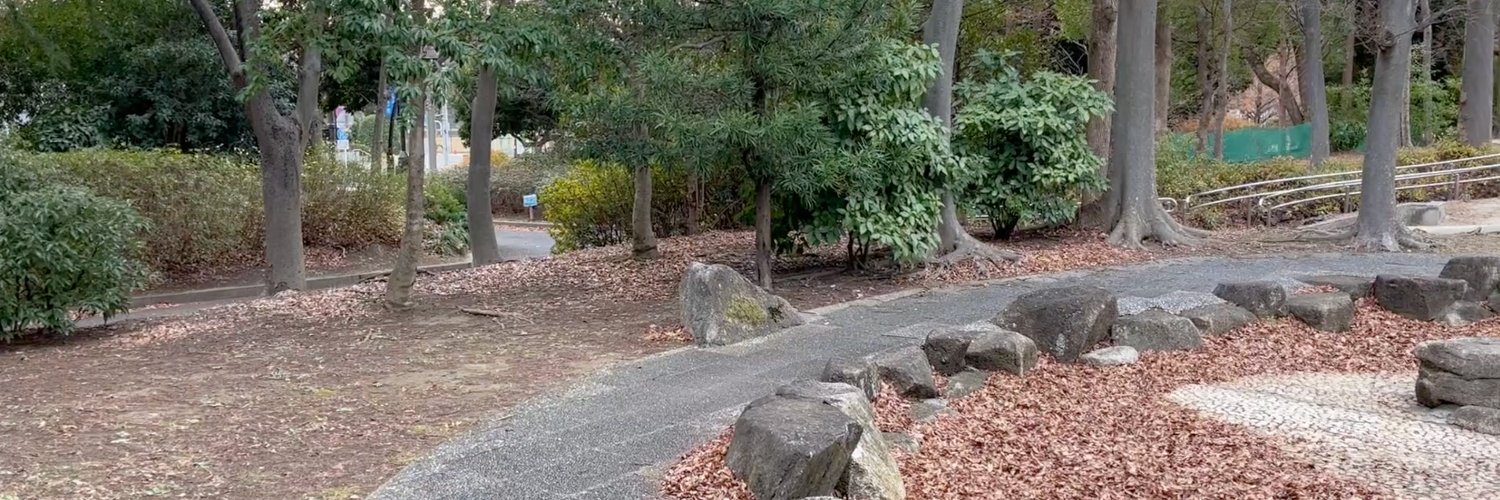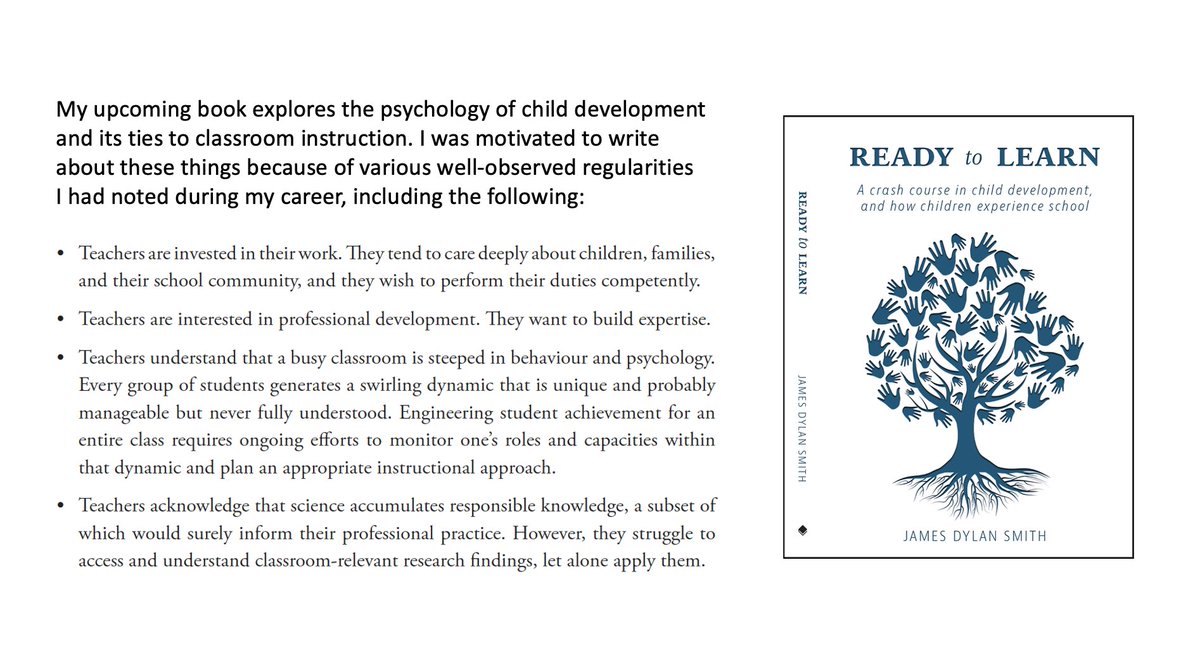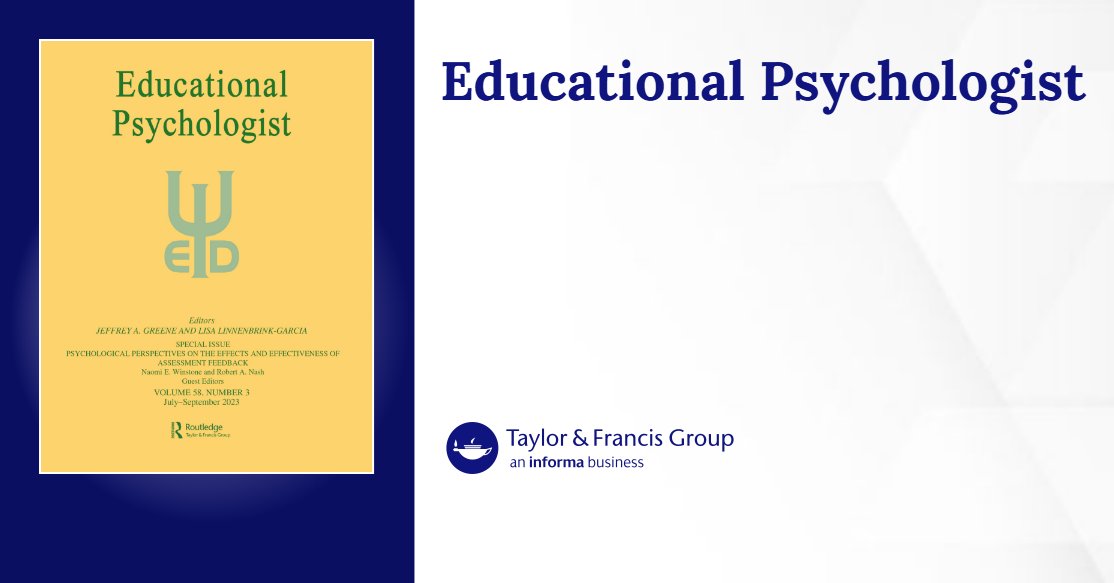
Dylan Smith
@warmMagnet
🇨🇦 Educator/Researcher | Author, Ready to Learn: A Crash Course in Development, and How Children Experience School. Available Summer 2025.
"Ready to Learn" has been written for an unusually broad audience, but with school-based educators foremost in mind.

Nice review, but why "controversies"? Evidence isn’t controversial. Like "epiphenomenon," it often just means, "doesn’t fit my hypothesis." That’s ad hominem science. Brain rhythms in cognition -- controversies and future directions arxiv.org/abs/2507.15639 #neuroscience
Do have a look through this fascinating wee thread. Will definitely be checking out Dylan’s book.
Takeaway: For the past 40 years, mainstream life sciences have become increasingly multidisciplinary. Cog science has resisted this migration. CLT really needs to pay more attention to the research findings within the biological, developmental, and neurological sciences.
🛑and read this free open access paper on the Brilliance–Belonging Model, which shows how cultural beliefs about ability lead to inequitable outcomes in education through perceptions of belonging and other downstream psychological mechanisms!
Our special issue keeps growing with @ChristinaBauerA et al.’s paper on the Brilliance-Belonging Model, illuminating how cultural beliefs about intellectual ability create inequities through their impact on students’ sense of belonging. Open-access paper: doi.org/10.1007/s10648…
This interview deserves a read. All set to retire, Professor Andy Tolmie reflects on his inspirations, rewards, and how developmental research & theory have evolved to embrace complexity.
My wonderful husband @ProfAndyTolmie bps.org.uk/psychologist/k…
Hello. I'm a retired Ontario teacher currently living in Quebec. This is my first X chat... I'll mostly lurk but will likely drop a thought or two as well. Happy to be here. #teachpos
Modern views on WM challenges focus on limited workspace, managing many items at once. Bottleneck = capacity. WM activity may also be viewed in terms of how we choose to move thru a task, our agency to manage on-the-fly. Capacity = fitness to inhibit info not currently in use.
If the evidence is mixed at best regarding the negative effects of technology on educational settings, how would you approach smartphones for students? Retweet please 🙏
“Our brains run on music.” 🎵 - MIT’s Earl Miller argues the cortex fundamentally computes with waves, that consciousness arises when its computations generate waves patterns that unify cortical activities. Such analog computation, he says, is information rich, uses vastly less…
When one admits that nothing is certain one must, I think, also add that some things are more nearly certain than others. —Bertrand Russell, British philosopher and mathematician, 1872–1970
This is an interesting paper. Love finding an old idea that's a new idea. Perfetti, Beck, et al. (1987). Phonemic Knowledge and Learning to Read are Reciprocal: A Longitudinal Study of First Grade Children. Merrill-Palmer Quarterly, 33(3), 283–319. jstor.org/stable/23086537
If you're in the UK, my @CrownHousePub book is now out. Read about the rise of early populism, the need for intellectual disagreement & diversity, how to build the foundations for a career, life & work issues, etc. amazon.co.uk/Making-Educato… @steve_munby @jon_severs @MelAinscow
Full article: Embracing complexity: Applying intersectional, post-oppositional approaches to examinations of students with disabilities in educational psychology research tandfonline.com/doi/full/10.10…

I’m very excited to have co-guest edited this special issue in Educational Psychologist - Toward Equity in Educational Psychology: Including Students with Disabilities in Research and Theory Check it out! tandfonline.com/toc/hedp20/60/…
Universal design of educational psychology? Improving theory and application by focusing on students with disabilities: Educational Psychologist: Vol 60 , No 3 - Get Access tandfonline.com/doi/epdf/10.10…
Turns out generating ideas that includes practical limitations is hard to do.
Verrrrry intriguing-looking and labor-intensive test of whether LLMs can come up with good scientific ideas. After implementing those ideas, the verdict seems to be "no, not really."
Autism advances Rooted in fundamental curiosity about how the brain works, Picower scientists continue to break new ground in understanding autism and devising treatment strategies picower.mit.edu/news/autism-ad… #neuroscience
Lots of things in CLT are not only unable to be falsified they cannot be verified either. The optimization of working memory capacity, the most fundamental aspect of CLT, is one of those things:
Is cortex a lumper or a splitter? Both. biorxiv.org/content/10.110… #neuroscience
“If there’s one message I hope comes through loud and clear, it’s that teachers are smart, capable professionals who can engage with research meaningfully—and that doing so can make a real difference for their students.” 👏👏👏
New blog: lessons I’ve learned, ideas of changed my mind about, and why teacher voices are important in the science of reading discussion. solutiontree.com/blog/author-sp…